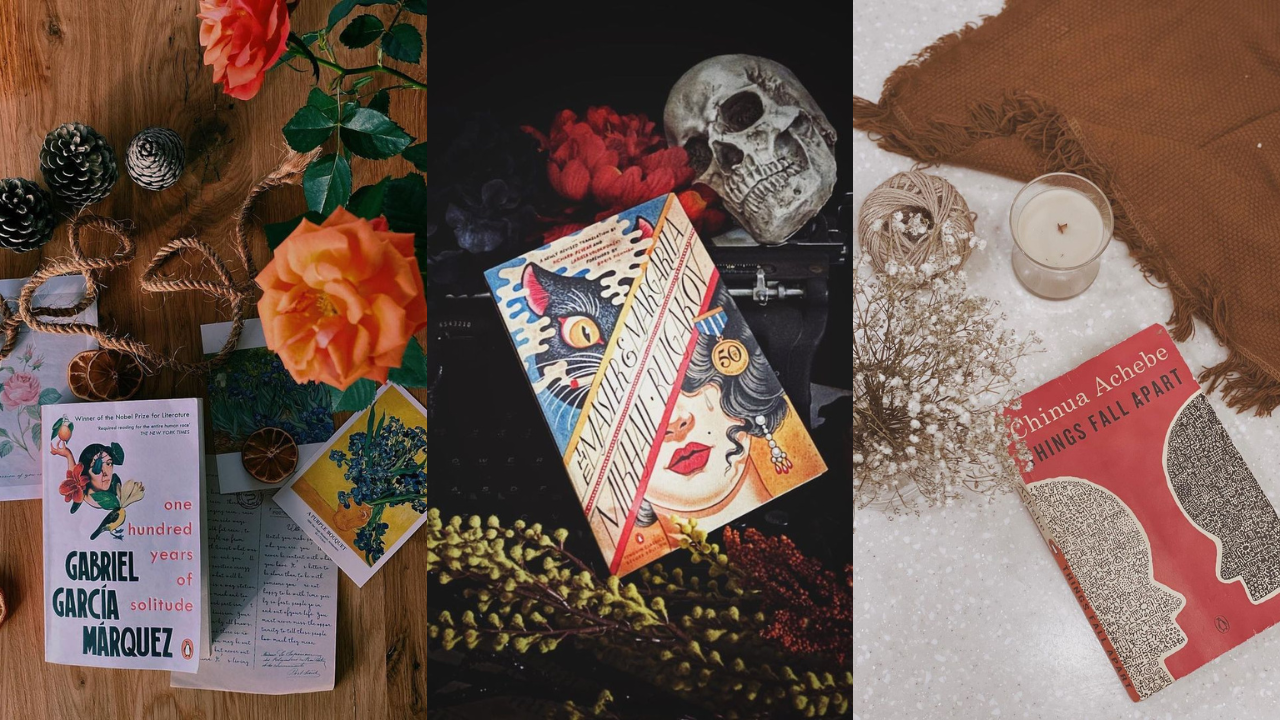The 20 best books of the 20th century (Image credit: Instagram)
The 20th century was a transformative time in literature, offering a wide range of groundbreaking novels that explored themes of identity, society, politics, and the human experience. From existentialism to magical realism, authors used innovative styles and narratives to capture the complexities of the world around them. These novels not only shaped literary trends but also influenced generations of readers and writers. Below is a list of 20 must-read books from the 20th century, each by a different author, that showcase the diversity and brilliance of the century’s literature.
1. To Kill a Mockingbird by Harper Lee
Harper Lee’s To Kill a Mockingbird is a timeless exploration of racial injustice in the Deep South. Told through the eyes of Scout Finch, the story addresses issues of race, morality, and human compassion as Scout’s father, Atticus Finch, defends a black man falsely accused of raping a white woman. The novel is a powerful commentary on prejudice, empathy, and the complexities of moral courage.
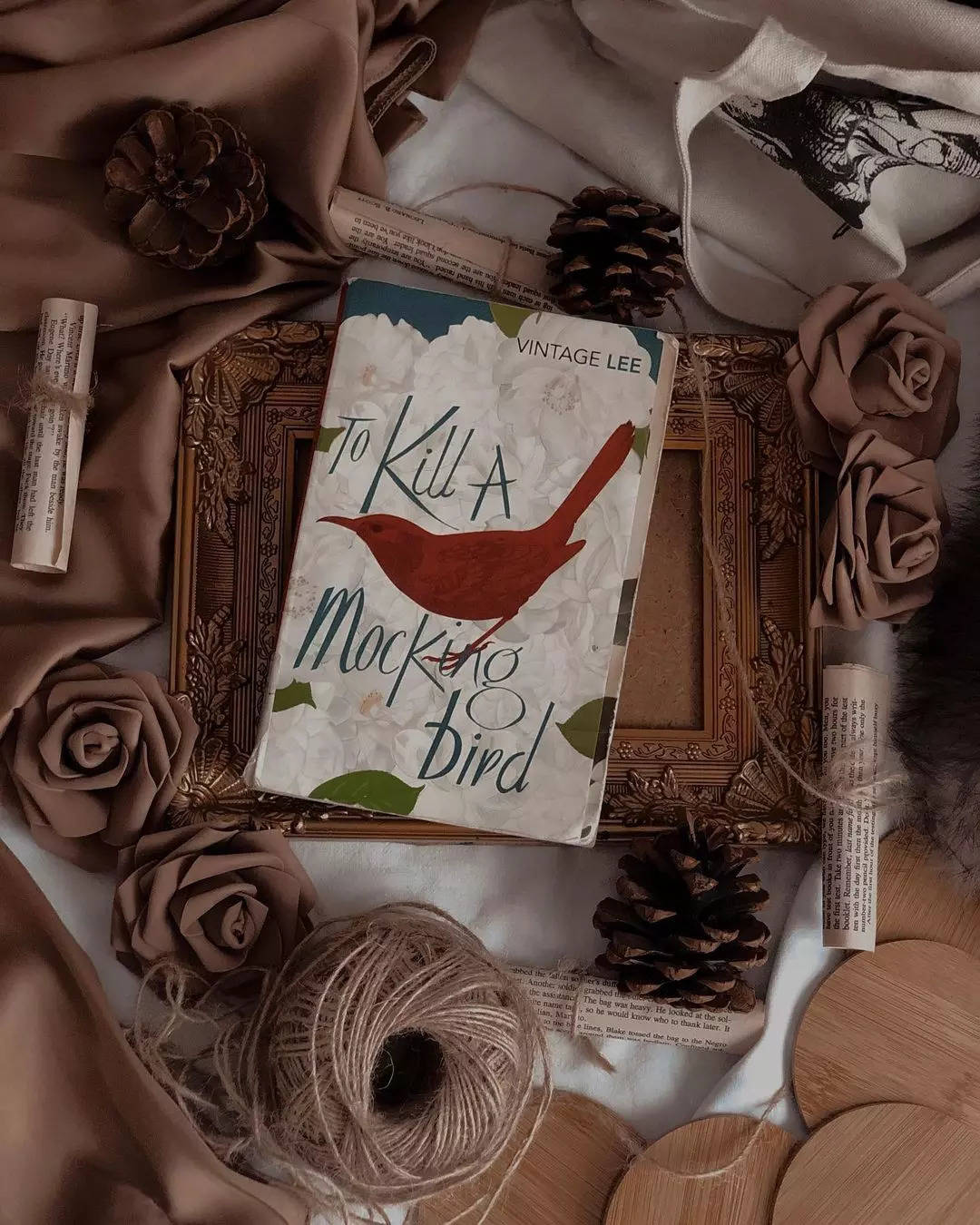
2. One Hundred Years of Solitude by Gabriel García Márquez
Gabriel García Márquez’s masterpiece, One Hundred Years of Solitude, introduced magical realism to the world. The novel chronicles the rise and fall of the Buendía family in the fictional town of Macondo, weaving together elements of myth, fantasy, and reality. Márquez explores themes of time, memory, and destiny in this multigenerational epic that reflects the history of Latin America.
3. 1984 by George Orwell
George Orwell’s dystopian novel 1984 paints a terrifying vision of a totalitarian future in which the government, led by Big Brother, monitors every aspect of life. The novel critiques the dangers of oppressive regimes and the erosion of personal freedom, making it a profound political statement about surveillance, censorship, and the manipulation of truth.
4. Catch 22 by Joseph Heller
Catch-22 by Joseph Heller is a satirical novel set during World War II that chronicles the experiences of Captain John Yossarian and his squadron. The novel coined the term “Catch-22,” which refers to a paradoxical situation from which there is no escape due to contradictory rules. Heller’s critique of the bureaucracy, absurdity, and folly of war makes Catch-22 a powerful and enduring classic.
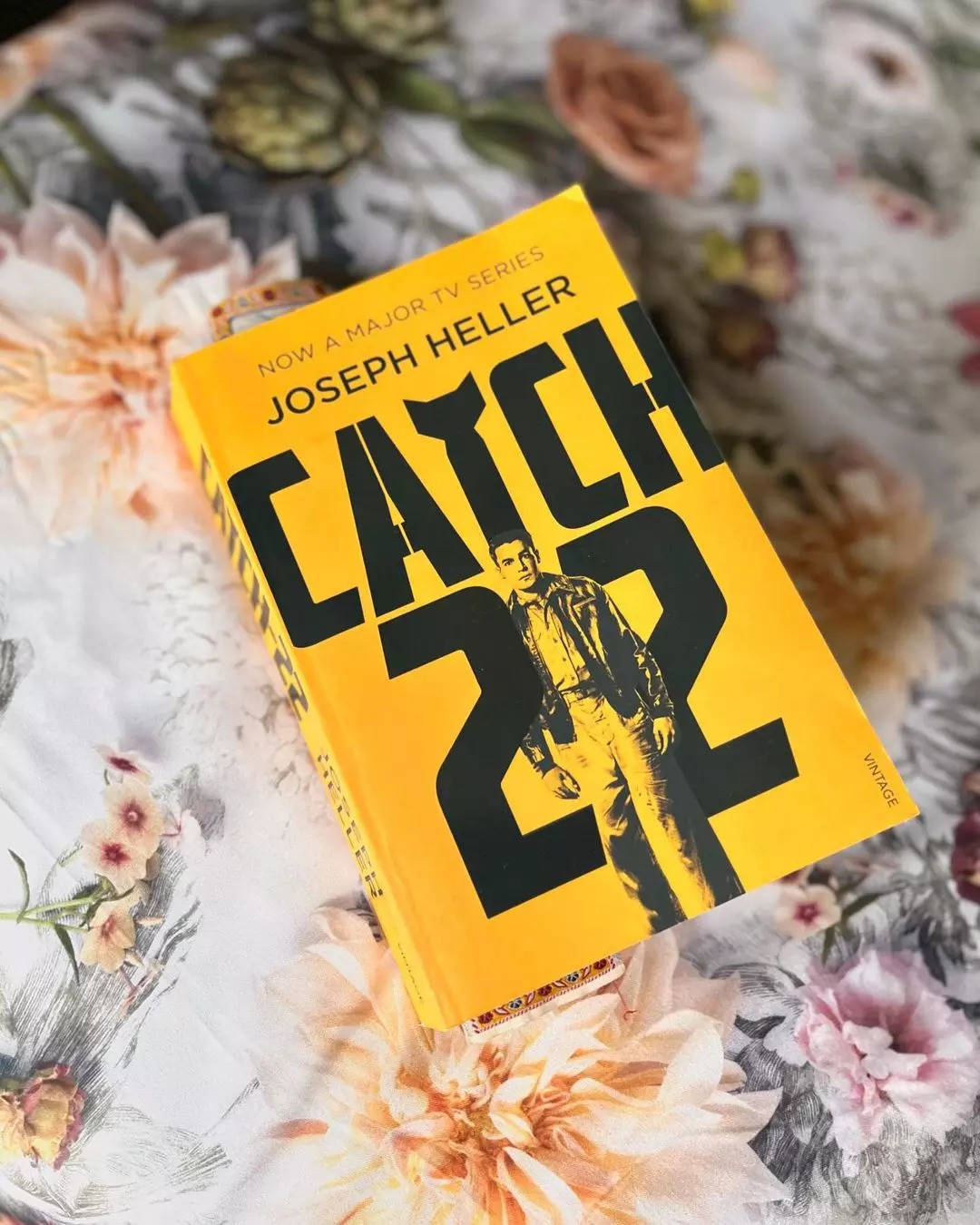
5. Beloved by Toni Morrison
Toni Morrison’s Beloved is a haunting exploration of the legacy of slavery. The novel follows Sethe, a former slave, haunted by the ghost of her dead daughter. Through poetic prose and magical realism, Morrison examines the psychological trauma of slavery and the lengths a mother will go to protect her daughter.
6. Brave New World by Aldous Huxley
In Brave New World, Aldous Huxley presents a futuristic society in which people are controlled by technology, consumerism, and conditioning. In this dystopian world, individual freedom and emotion are sacrificed for the sake of social stability. Huxley’s novel is a powerful critique of the dehumanizing effects of technological advances and a warning about the dangers of a conformist society.
7. Lord of the Flies by William Golding
Lord of the Flies explores the breakdown of civilization through the eyes of a group of boys stranded on a desert island. As their initial attempts at order dissolve into chaos, Golding examines themes of human nature, social structures, and the capacity for cruelty and violence. This novel presents a bleak but compelling view of the human condition, portraying how quickly the semblance of civilization can be stripped away in extreme circumstances.
8. Mrs. Dalloway by Virginia Woolf
Virginia Woolf’s Mrs. Dalloway is a pioneering work of modernist literature that delves into the inner lives of its characters. Set over a single day in post-World War I London, the novel follows Clarissa Dalloway as she prepares for a party, reflecting on her past decisions and the passage of time. Woolf’s stream-of-consciousness narrative technique offers a deep exploration of memory, identity, and mental health.

9. The Grapes of Wrath by John Steinbeck
John Steinbeck’s “The Grapes of Wrath” tells the heartbreaking story of the Joad family, who were displaced from their Oklahoma farm during the Great Depression and traveled west in search of a better life. The novel is a scathing critique of social injustice, poverty and the exploitation of migrant workers, and captures the struggles of the American working class.
10. The Stranger by Albert Camus
Albert Camus’s The Stranger is a classic of existentialist literature. The novel follows Meursault, a detached and emotionally detached man who becomes involved in a senseless murder. Through Meursault’s detached worldview, Camus explores themes such as absurdity, existentialism, and the human condition, challenging traditional notions of morality and meaning.
11. The Handmaid’s Tale by Margaret Atwood
Margaret Atwood’s ‘The Handmaid’s Tale’ is a chilling dystopian novel set in a future where women are stripped of their rights and reduced to mere reproductive vessels. The story follows Offred, a handmaid in the totalitarian society of Gilead, as she navigates the brutal world of gender oppression. Atwood’s novel remains a powerful critique of patriarchy and a call for gender equality.
12. The Invisible Man by Ralph Ellison
Ralph Ellison’s Invisible Man is a powerful narrative about the African-American experience in a racially divided country. The unnamed narrator feels invisible in a society that refuses to acknowledge his humanity. The novel explores themes of identity, race, and the struggle for self-actualization. Through a combination of realism, symbolism, and social commentary, Ellison creates a deeply resonant story that remains a cornerstone of American literature.
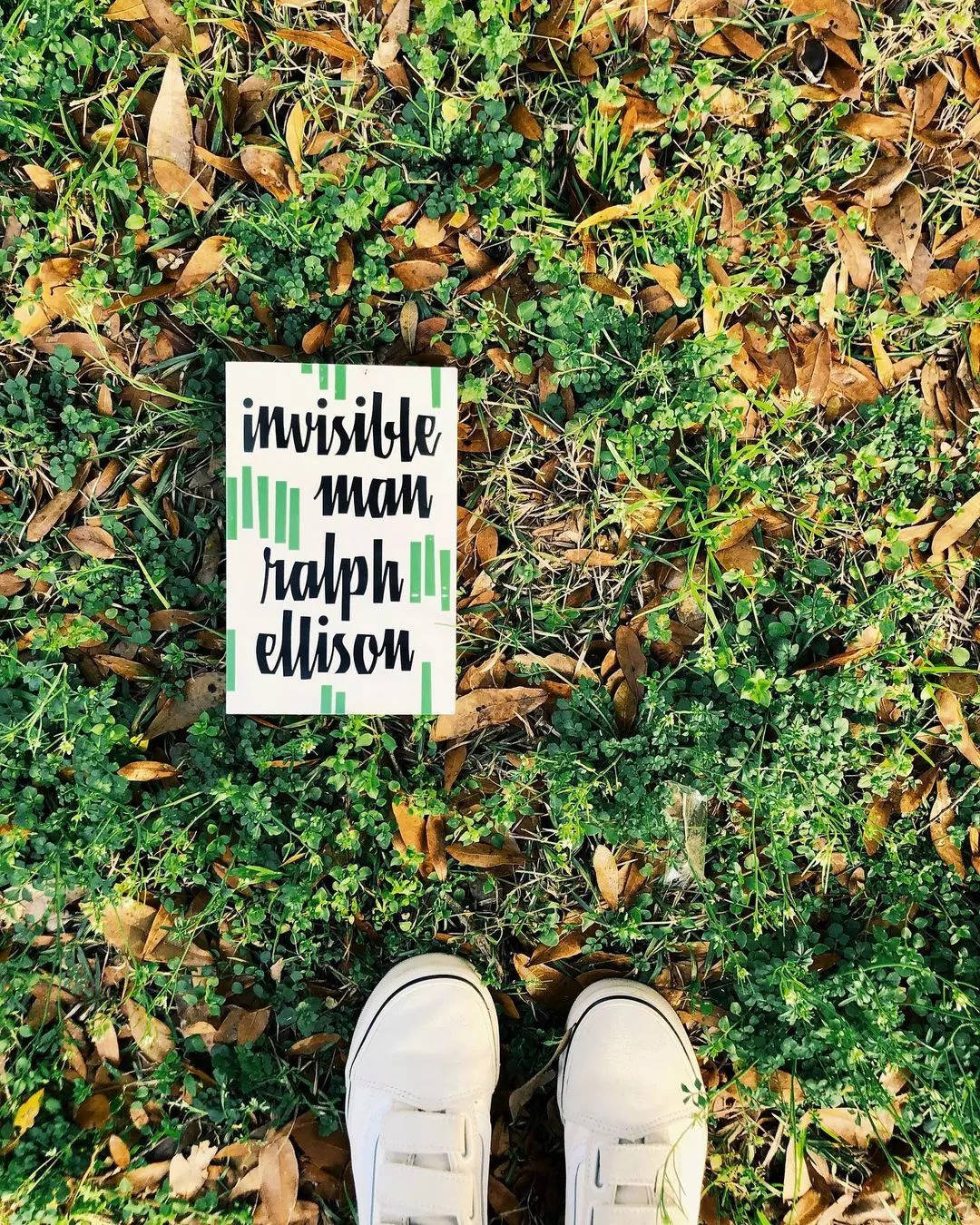
13. Midnight’s Children by Salman Rushdie
Salman Rushdie’s ‘Midnight’s Children’ is a monumental work of magical realism that traces Indian history through the life of Saleem Sinai, who was born at the time of the country’s independence. The novel combines myth, history and personal narrative, offering a complex exploration of identity, politics and the legacy of colonialism.
14. Slaughterhouse Five by Kurt Vonnegut
Kurt Vonnegut’s Slaughterhouse-Five is a satirical, semi-autobiographical novel about the horrors of war. The novel follows Billy Pilgrim, a soldier who becomes “unstuck in time,” as he relives moments from his life, including his experiences during the bombing of Dresden in World War II. Vonnegut’s blend of science fiction, dark humor, and anti-war themes make this novel a thought-provoking critique of violence and human suffering.
15. Everything falls apart, by Chinua Achebe
Chinua Achebe’s novel Things Fall Apart is a landmark of African literature that explores the impact of colonialism on traditional African societies. The novel follows Okonkwo, a respected Igbo leader, as he deals with the arrival of European missionaries and the disintegration of his culture. Achebe’s novel is a powerful commentary on cultural identity, change, and resistance.
16. The Bell Jar by Sylvia Plath
Sylvia Plath’s The Bell Jar is a semi-autobiographical novel that offers a moving portrait of mental illness and the pressures faced by women in the 1950s. The novel follows Esther Greenwood, a young woman who falls into depression as she struggles with societal expectations. Plath’s candid exploration of mental health and identity continues to resonate with readers, particularly for its raw emotional honesty.
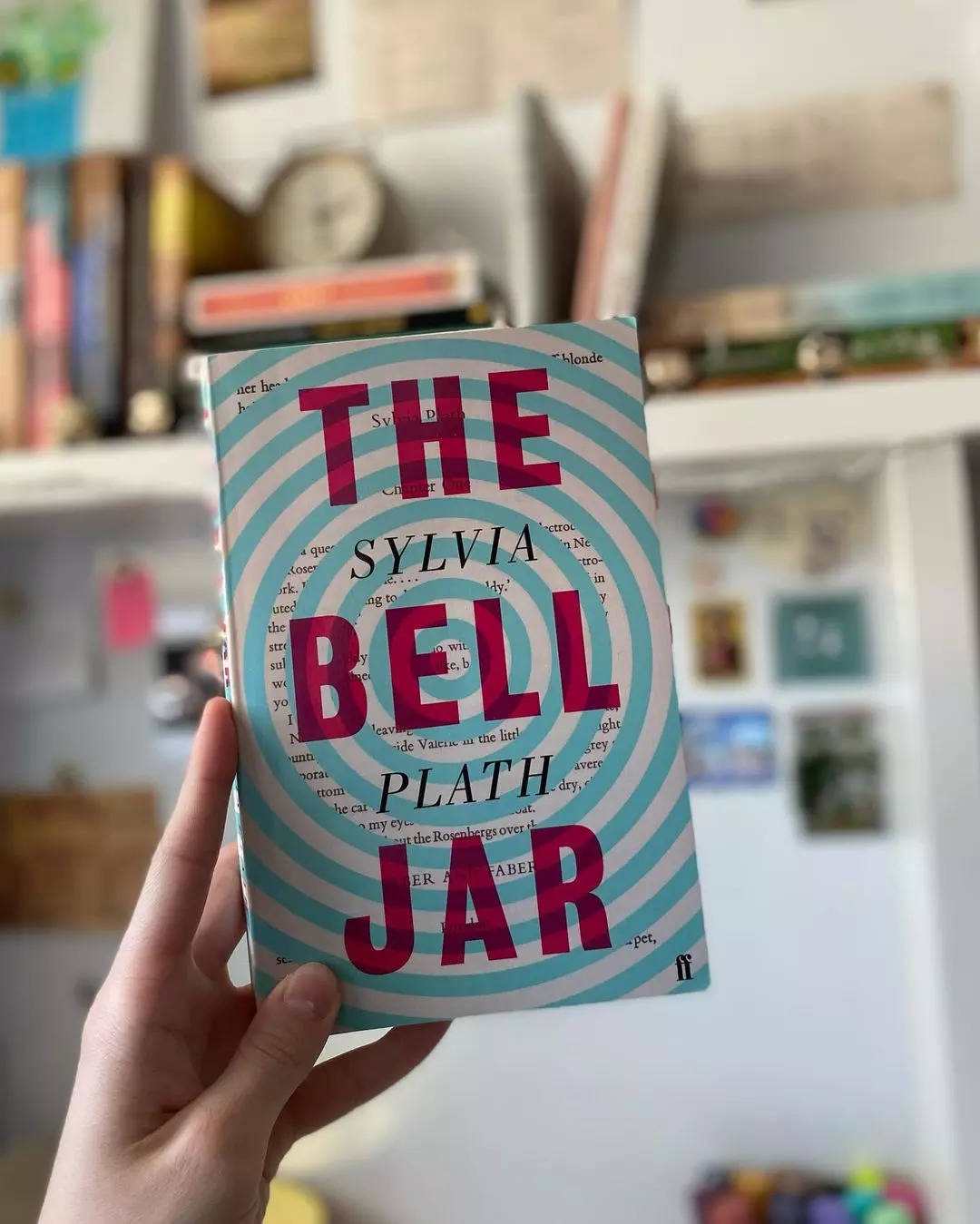
17. The Golden Notebook by Doris Lessing
Doris Lessing’s The Golden Notebook explores the complexities of femininity, politics, and personal identity. The novel follows Anna Wulf, a writer who divides her life into notebooks of different colors. Lessing’s innovative narrative style and focus on feminism, mental health, and social struggles have made The Golden Notebook a landmark in 20th-century literature.
18. The Master and Margarita by Mikhail Bulgakov
Mikhail Bulgakov’s “The Master and Margarita” is a surreal, satirical novel set in Soviet Russia, combining political commentary with supernatural elements. The novel follows the Devil as he wreaks havoc on Moscow, while also telling the story of the Master, a writer persecuted for his work. Bulgakov’s imaginative narrative critiques censorship, corruption, and the nature of good and evil.
19. The Color Purple by Alice Walker
Alice Walker’s The Color Purple is a moving exploration of race, gender, and empowerment. The novel follows Celie, a Black woman in the American South, as she endures abuse and oppression but ultimately finds her voice and strength. Through letters to God and her sister, Celie’s story unfolds as one of resilience, personal growth, and a search for self-worth. Walker’s powerful narrative addresses themes of systemic racism, sexism, and redemption, making it one of the most important novels of the 20th century.
20. Rebecca by Daphne du Maurier
Rebecca by Daphne du Maurier is a gothic novel that explores themes of jealousy, identity, and power. The story follows an unnamed young narrator who marries a wealthy widower and ends up living in the shadow of his first wife, Rebecca. With its atmospheric setting and psychological tension, Rebecca remains a classic of thriller literature.
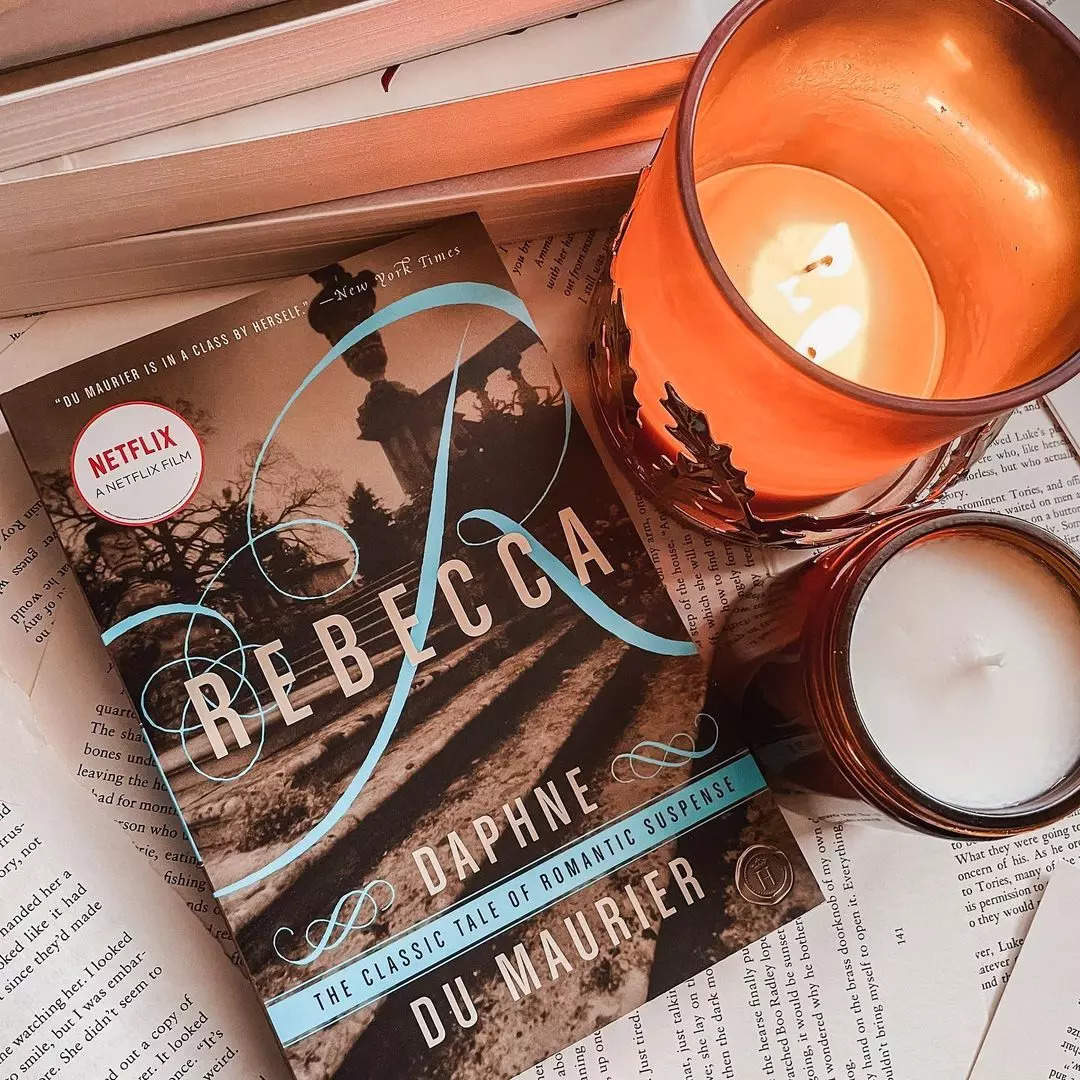
The 20th century was a remarkable period for literature, marked by a diversity of voices and themes. From stories that challenged societal norms to those that explored the depths of human experience, these 20 books represent some of the most influential works of the century. Each book captures a unique moment in history, offering perspectives on the human condition, social struggles, and the complexities of identity.
Disclaimer:
The information contained in this post is for general information purposes only. We make no representations or warranties of any kind, express or implied, about the completeness, accuracy, reliability, suitability or availability with respect to the website or the information, products, services, or related graphics contained on the post for any purpose.
We respect the intellectual property rights of content creators. If you are the owner of any material featured on our website and have concerns about its use, please contact us. We are committed to addressing any copyright issues promptly and will remove any material within 2 days of receiving a request from the rightful owner.

